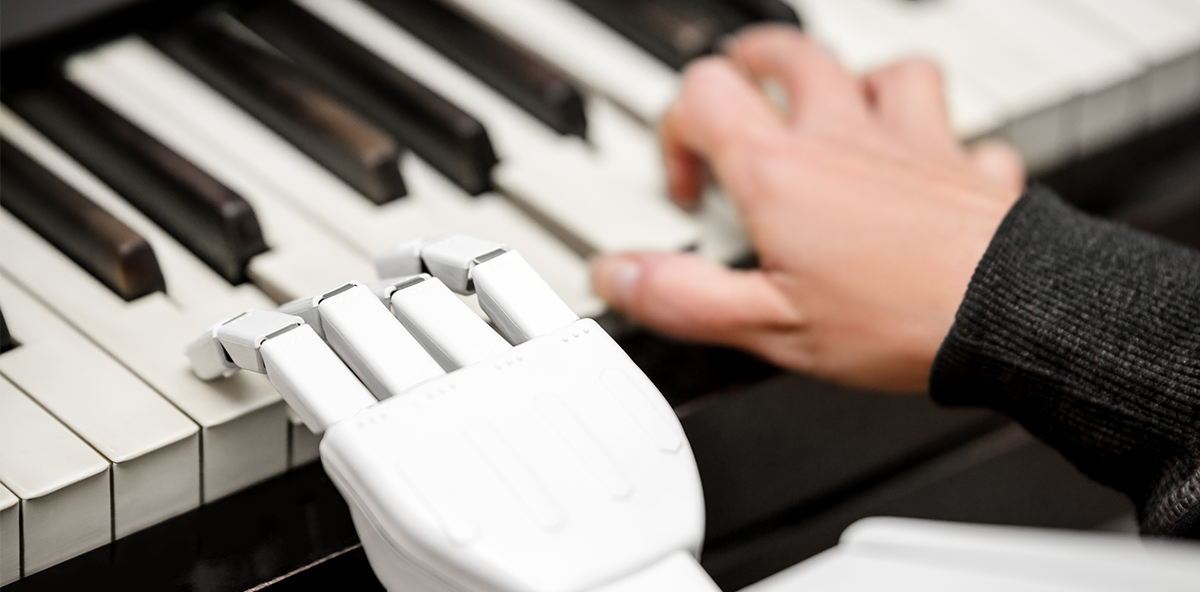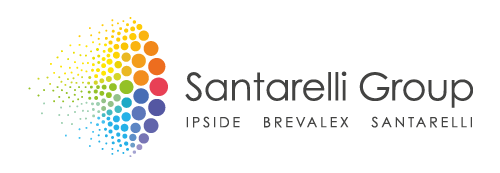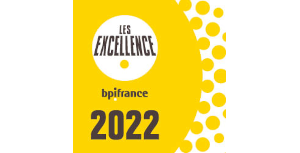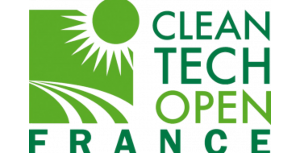Last April, an open letter on the dangers of Artificial Intelligence (hereinafter "AI") was published by the Artists' Rights Collective in the United States. Among the 200 musician signatories were international stars (including Billie Eilish and Katy Perry) react to the recent series of deep fake musical creations stemming from generative AI that copies the style of artists and reproduces the voices of others. This collective denounces "an organized plunder almost impossible to stop."[1]
Today, generative AI allows with just a few clicks to create new musical compositions almost without limit. These algorithms are "educated" by the integration of existing works, which are then reused in the AI's new creations without the consent of the artists who receive no remuneration for them. Moreover, Google has announced the release of an AI that, linked to YouTube, would allow anyone to create songs featuring the voices of known artists. According to the internet giant, these creations would be "legal" because they would include the mention "inaudible," allowing the detection that it is an AI creation[2].
On the other hand, SACEM and GEMA[3] are alerting us to the drifts and dangers of the entry of these algorithms into the music sector[4]. These organizations are calling for a necessary regulation of AI, with the risk, however, of limiting its use and innovation.
What are the solutions envisaged by the legislator and legal practitioners more broadly to integrate AI into the music sector while ensuring a balance between copyright and innovation?

-
From the regulation of AI to attempt to limit its excesses.
Since 2021, the European legislator has been working on a specific regulation of AI that would allow its integration into our current economic market. A rather broad text was adopted on March 13, addressing many subjects orbiting around this new technology[5]. French deputies followed this momentum by proposing a text in September 2023 that would regulate AI through copyright law[6]. This law would reinforce existing rights such as the right of paternity and proposes new solutions like the creation of a tax directly reverted to organizations promoting artistic creation. However, given the slowness of the legislative process on one side and the exponential evolution of AI on the other, this text is bound to evolve.
Part of the doctrine, meanwhile, suggests making common law as provided by the Civil Code applicable to AI works, and more precisely, to allow artists to seek compensation for damages suffered due to parasitic actions of an AI[7]. For such an action to be admissible, the AI's musical creation must be situated in the business world, and the artist will have to demonstrate that there is a fault, a prejudice, and a causal link between them[8]. Plagiarism cases (musical parasitism) are numerous and complex, as we have seen with the recent cases involving the international singer Ed Sheeran, in which the judges have struggled to evaluate the originality of a musical chord.[9] Art is, by its very nature, inspired by the currents that preceded it. It, therefore, seems difficult to apply the general law regime to the music sector.
Another idea would be to create new exceptions to copyright law, adding to those already provided for in Article L.122-5 of the Intellectual Property Code. Already in 2019, a European directive[10] allowed editors and users of web-scraping tools to extract works and compile them into databases. The goal was to promote the development of AI while ensuring continuity in the protection of copyright. Following this directive, the French legislator incorporated two new exceptions for "text mining" (data mining) into the Intellectual Property Code[11].
The legal integration of AI is still under discussion and will evolve depending on the impact of AI on society. This new technology is comparable for some to the arrival of the Internet. Should we not, therefore, question the very definition of copyright?
-
Towards a new definition of copyright?
By its very nature, copyright is granted to the creator of an intellectual work—a human being. No law explicitly prohibits awarding copyright protection to an artificial intelligence. However, it appears that the judge is not inclined to offer such protection to a work not created by a human[12]. Even though European jurisdictions have not yet ruled on the specific issue of the music sector, the United States provides a starting point; a Federal Judge in Columbia has already ruled that a work created without human oversight cannot be protected by copyright[13]. Nevertheless, it is still possible for an individual to be granted a copyright when using AI as a tool to assist with creativity[14].
The question arises for works that may be co-created by a human and an AI. Indeed, AI could be considered as a universal tool, allowing its user to create an intellectual work as defined by the Intellectual Property Code. The main issue then becomes what should the originality criterion be based on the prompt used to generate the work, or the work itself? We must wait for judges to decide, likely on a case-by-case basis. Given that, French copyright is inherently more author-protective than Anglo-Saxon Copyright; it is conceivable that European and French judges would apply stricter criteria to recognize the originality of a work created by AI. Nonetheless, it is likely that legislators will need to reconsider the definition of the originality criterion and the concept of authorship.
-
In an attempt to stay in the global innovation race.
In our current society, innovation is strongly emphasized by policies that encourage young companies by granting them tax benefits, such as with research and development tax incentives. In the global race for artificial intelligence, some countries like Japan have already forged ahead[15]. However, it remains difficult to strike a balance between legal regulations and innovative practices. Emmanuel Macron has also expressed his concerns about an overly restrictive legal framework potentially hindering innovation.[16].
The music sector has recently seen significant changes with the emergence of new technologies like auto-tune or mastering software, which have allowed new artists to rise. It raises the question of whether AI might ultimately be a new tool that enables musicians and composers to step out of their comfort zone and discover new musical practices.
However, SACEM and GEMA do not share this optimistic view; in their report published in January 2024, they offer an analysis and a rather cautionary perspective on AI. This report points out that more than 70% of artists are apprehensive about the future with AI. Yet, some aspects of this report are positive since 35% of artists already use AI, with 51% being under the age of 35[17]. To draw a parallel with another artistic sector, photography also underwent its revolution with the shift from film to digital. The integration of new tools has removed the technical aspects, which until then were relevant criteria in the appraisal of a work's originality[18]. Faced with this upheaval, judges have nonetheless adapted and copyright law has been harmonized with the new practices of photographers.
The impact of AI in the music sector must be measured, given the particularity of this field, but it appears necessary to find a balance that allows human artists to maintain sufficient income to live off their art without being overwhelmed by the less creative output of generative AI.
According to Chat GPT, the impacts of integrating AI into the music sector are seen as more positive than legislators must carefully regulate negative but. Thus, to conclude, we asked it to provide its own recommendations, to which it replied: "Given these challenges, it is crucial to establish an appropriate legal framework. This framework must protect the rights of human creators while avoiding the stunting of innovation. The music sector, being particularly sensitive and creative, requires regulations that encourage both diversity and originality while allowing for the responsible and ethical employment of AI technologies. By finding this balance, we can maximize the benefits of AI while minimizing its risks, thus preserving the artistic and human essence of music."
Our teams stay informed about developments on this topic and remain at your disposal to advise you on issues related to the music industry, or more broadly on any questions related to the protection of your copyright.
[1] Pierrick Leurrent, 2024, "United States: from Katy Perry to Stevie Wonder, over 200 artists oppose artificial intelligence that 'undermines or replaces human art', France Info."
[2] Luc Chagnon, 2023, "Google announces a new AI to create songs using the voices of famous artists on YouTube," France Info.
[3] Gesellschaft für musikalische Aufführungs- und mechanische Vervielfältigungsrechte [Society for musical performing and mechanical reproduction rights]
[4] SACEM and GEMA Report, 2024, “AI and Music : Market development of an AI in the music sector and impact on music authors and creators in Germany and France”
[5] European Parliament Press Release 2024, "Artificial Intelligence: MEPs adopt landmark legislation."
[6] Bill Proposal No. 1630 Aimed at Regulating Artificial Intelligence through Copyright Law, September 12, 2023.
[7] Boriana Guimberteau and Magali Courroye, 2024, "Parasitism in the Face of Generative Artificial Intelligence: A Relevant Basis?", Lexis Nexis, Industrial Property No. 3, Study 6.
[8] Article 1240 of the French Civil Code.
[9] V.D, 2023, "Musician Ed Sheeran Wins Plagiarism Lawsuit," Le Point.
[10] European Directive 2019/790 of April 17, 2019
[11] Article L.122-5-3 CPI (French Intellectual Property Code) "the implementation of an automated technique for the analysis of texts and data in digital form in order to extract information, notably constants, trends, and correlations."
[12] Andres Guademuz, 2017, "Artificial Intelligence and Copyright," WIPO Magazine.
[13] U.S. District Court, Civil Action No. 22-1564, 08/18/2023.
[14] Opinion from the U.S. Copyright Office, March 2023.
[15] Julia Guinamard, 2024 « IA générative : un cadre international à nouveau évoqué par le Japon », Siècle Digital https://siecledigital.fr/2024/05/07/ia-generative-un-cadre-international-a-nouveau-evoque-par-le-japon/
[16] Comments by Macron regarding the European Parliament's new AI regulation.
[17] SACEM Press Release 2024, "Artificial Intelligence – Generative AI: What impacts on the music sector and creation? – Monitoring”, Lexis Nexis, La Semaine Juridique Edition Générale No. 06, Act 185.
[18] Boriana Guimberteau and Magali Courroye, 2024, "Parasitism in the face of generative artificial intelligence: A relevant foundation?", Lexis Nexis, Industrial Property No. 3, Study 6.













